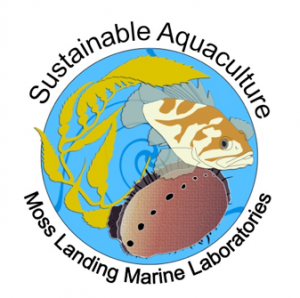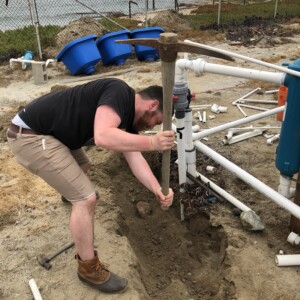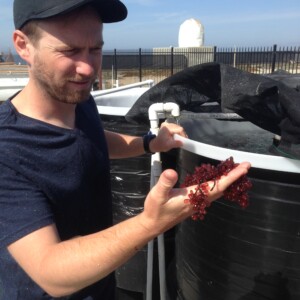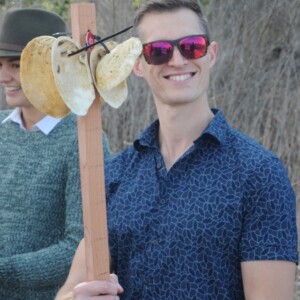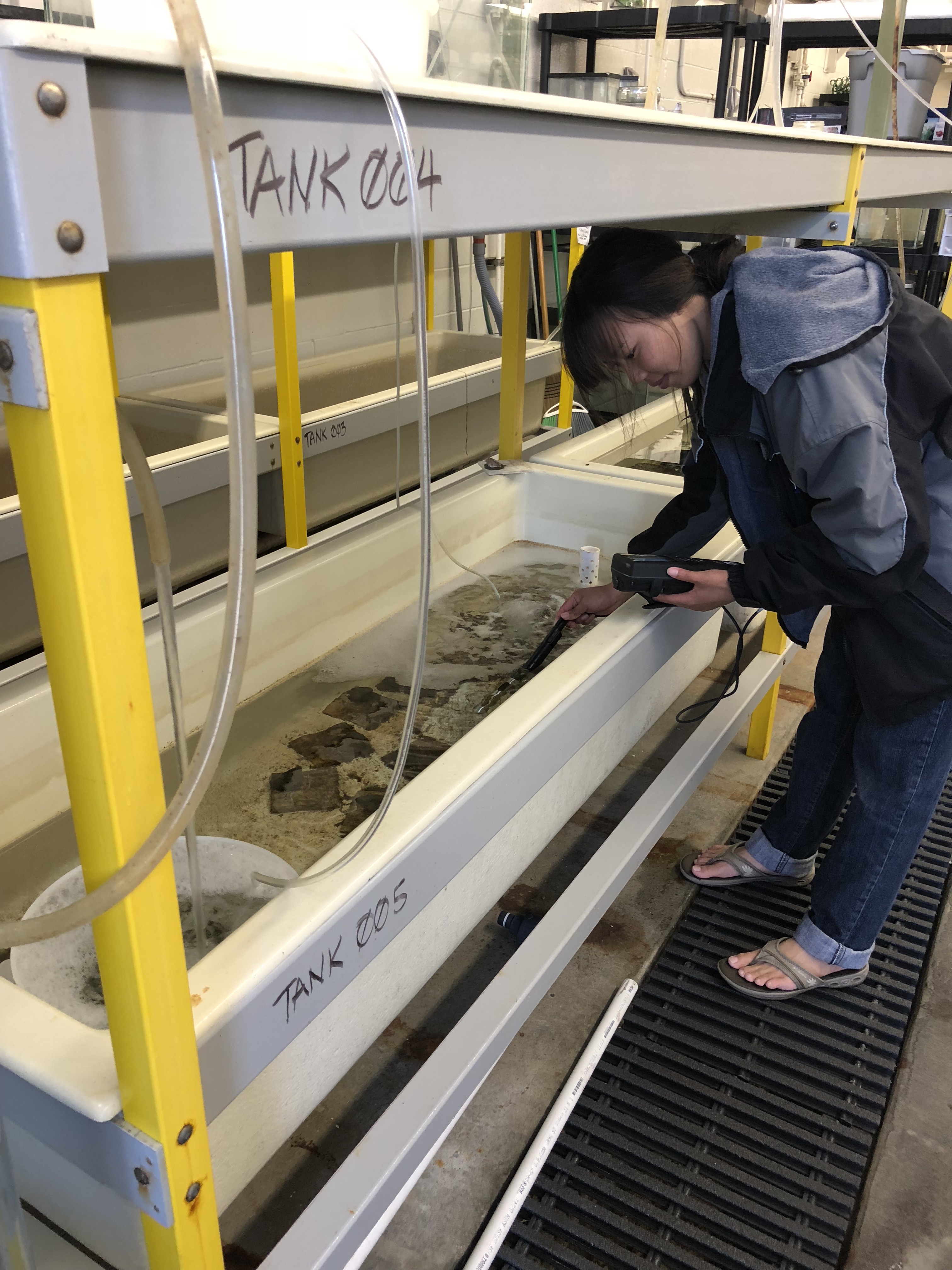
STUDENT OPPORTUNITIES
There are many current and future opportunities for undergraduate and graduate students regarding aquaculture at MLML. The opportunities include: Undergraduate students can get hands-on experience as a volunteer or potentially as a paid assistant. Current graduate students may be hired as research assistants for funded aquaculture projects. Potential graduate students can be accepted into the Master’s degree program at MLML and pursue research in an aquaculture-specific project.
UNDERGRADUATES
For those students that want to get hands-on experience either as a volunteer or potentially as a paid assistant you can contact Dr. Luke Gardner. We currently have three research projects underway and one newly funded project. Often these projects require a number of people to construct the research apparatus, maintain the organisms and infrastructure, collect data, and potentially help with data analysis. Potential skills acquired: Plumbing, power tool use, construction, and engineering, water quality sampling and sensor use, husbandry, animal care and maintenance, food preparation, reporting and data collection, data analysis and report writing.
CURRENT MLML GRADUATE STUDENTS
For those graduate students currently enrolled in the M.S. program at MLML there are opportunities to assist the Principal Investigators (PIs) in currently funded projects. Please contact one of the PIs listed below to inquire whether there is a need for additional help on these projects.
POTENTIAL ADVISORS AND RESEARCH
• Dr. Luke Gardner: Use of various species of algae in the diet of cattle to reduce the production of methane (funded by Ocean Protection Council).
• Dr. Luke Gardner: Use of various species of algae in the diet of cattle to reduce the production of methane (funded by Ocean Protection Council).
• Dr. Scott Hamilton: Effects of ocean acidification and hypoxia on the behavior, physiology, and gene expression of juvenile rockfishes (funded by National Science Foundation, Saltonstall-Kennedy, and CA Sea Grant).
• Dr. Scott Hamilton and Dr. Mike Graham: Assessing how integrated multi-trophic aquaculture of seaweeds and shellfish might mitigate the negative effects of ocean acidification on shellfish growth (funded by NOAA Sea Grant).
• Dr. Luke Gardner and Dr. Mike Graham: Developing a hatchery and nursery capability for the native Olympia oyster to restore populations in Elkhorn Slough (funded by Anthropocene Institute, in collaboration with Dr. Kerstin Wasson at the ESNERR).


